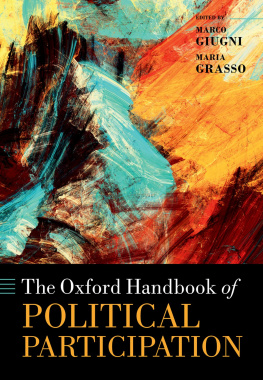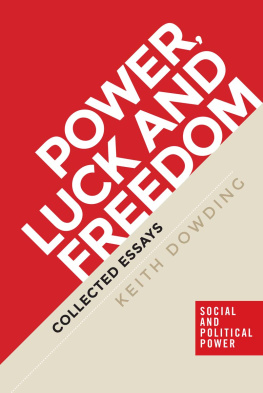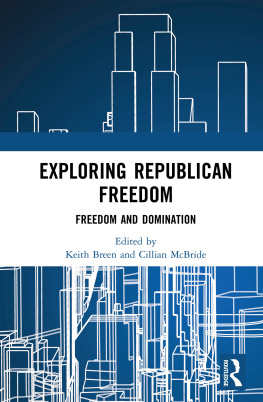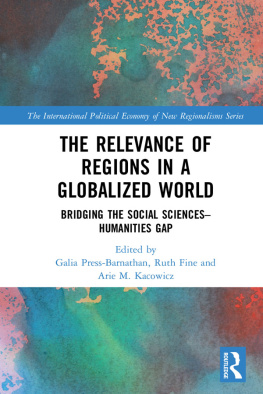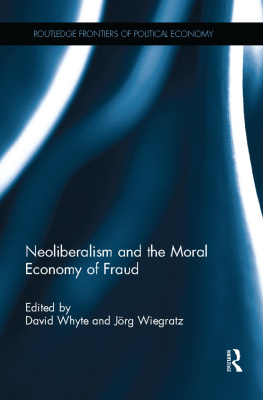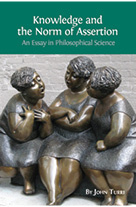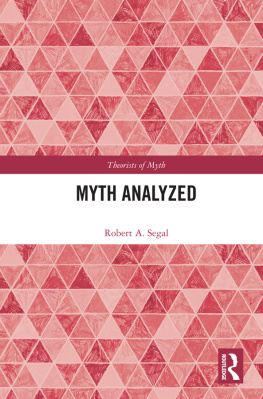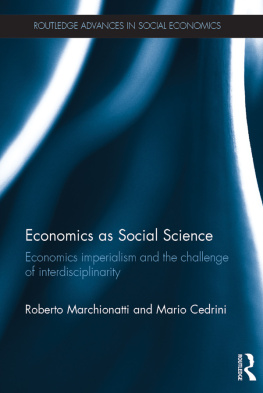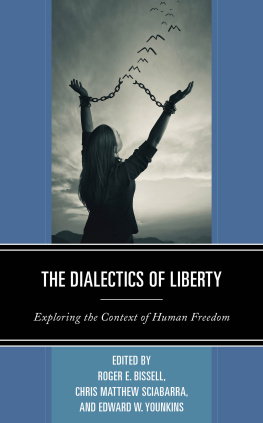First published 1995 in LSE Books by Ine Academic Publications Committee
The London School of Economics & Political Science 1997 in Germany by LIT Verlag and Transaction Publishers
Published 2019 by Routledge
2 Park Square, Milton Park, Abingdon, Oxon OX14 4RN
52 VanderbiltAvenue, New York, NY 10017
Routledge is an imprint of the Taylor & Francis Group, an informa business
Copyright in this edition, Taylor & Francis, 1995
Introduction Eileen Barker, 1995
Copyright in each contribution is retained by the author
All rights reserved. No part of this book may be reprinted or reproduced or utilised in any form or by any electronic, mechanical, or other means, now known or hereafter invented, including photocopying and recording, or in any information storage or retrieval system, without permission in writing from the publishers.
Notice:
Product or corporate names may be trademarks or registered trademarks, and are u^ for identification and explanation without intent to infringe.
British Library Cataloguing in Publication Data
A catalogue record for this book is available from toe British Library
Die Deutsche Bibliothek CIP-Einheitsauthahme
LSE on Freedom / Eileen Barker (ed.). Hamburg : LIT, 1997
(The London School of Economics & Political Science LSE Books)
ISBN 3-8258-2842-5
DOI: 10.4324/9780429338168
NE: GT
Library of Congress Catalog Number: 97-3860
Library of Congress Cataloging-in-Publication Data
LSE on freedom.
On freedom / Eileen Barker, editor,
p. cm.
Originally published: LSE on freedom. London : LSE Books, 1995
Includes bibliographical references and index.
ISBN 1-56000-976-4 (pbk. : alk. paper)
1. Free will and determinism. 2. Liberty. I. Barker, Eileen. II. Title.
BJ1468.5.L74 1997
123.5dc21
97-3860
CIP
ISBN 13:978-1-56000-9764 (pbk)
ISBN 13:978-1-138-52914-4 (hbk)
Rerum Cognoscere Causas
Eileen Barker
THE LONDON SCHOOL OF ECONOMICS AND POLITICAL SCIENCE has never confined itself to economics and political science but has embraced the full range of the social sciences and its related disciplines in order to know the causes of things. It was founded by Beatrice and Sydney Webb one hundred years ago in the belief that through an empirical science of society we might be able to improve the common weal. A brief reflection on these aims can lead us directly to questions addressed in this volume: Is the concept of a social science a contradiction in terms? If it is not, and society can be studied scientifically, does this imply that human beings are subject not only to the laws of nature but also to social laws that explain what determines their actions? In which case, how can we, determined human beings, interfere with these laws to make a better society? Or, if we can determine what will happen in the future, does this imply there can be no social science?
Then, if we do somehow manage to reconcile the concepts of social science and freedom, can social science tell us whether there are some social situations that give rise to individuals being more free than they would be in other situations? Can social science help us, for example, to understand to what extent and in what ways state intervention can protect or curb our freedom? Under what conditions might freedom in one area (such as economics, politics, religion, the law or the media) be a prerequisite for or a threat to freedom in another area? What other goals (equality? justice? economic growth? political stability? environmental protection?) might be considered of greater value than freedom? And how might social science help us to recognise and resolve some of the tensions that arise when different kinds of freedoms or these other values are in conflict?
The idea for this volume arose in part because I found myself in a court of law being cross-examined by a Queens Counsel who was arguing the case that a group of people had had their freedom removed through brainwashing techniques. It struck me as curious that a sociologist (who might be thought to assume that social influences could determine peoples behaviour) should be denying that science had revealed irresistible and irreversible techniques of mind control in opposition to a lawyer (when it might be thought that the law assumed that individuals are responsible for their actions).
What sorts of assumptions did my LSE colleagues make about freedom, I wondered? Did they consider questions about freedom to be philosophical or empirical issues or did they not consider them at all? Discussions in the Senior Common Room soon made it obvious that, although LSE pondered on and researched into issues relating to freedom, there was no LSE perspective on freedom. This was not exactly surprising. LSE encompasses empirical researchers and abstract theorists, Ivory Tower scholars, non-committed pragmatists and socially involved activists of the left, right and centre. Sitting in the library, one can observe young and old, male and female, and a colourful spectrum of ethnic variety; standing in the lunch queue, one may talk to Muslim, Hindu, Christian, Jew, agnostic or atheist.



